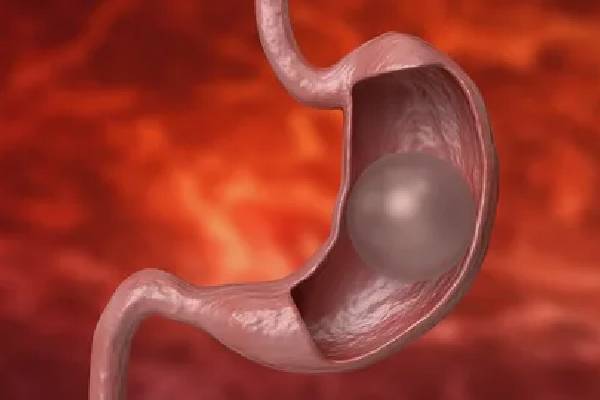Weight loss is a challenging journey for many individuals, and for those struggling to shed pounds through traditional methods, medical interventions can offer effective alternatives. Among these, the gastric balloon has gained popularity as a non-surgical, minimally invasive solution. This article explores the gastric balloon procedure, its benefits, risks, and what to expect.
What is a Gastric Balloon?
A gastric balloon, also known as an intragastric balloon, is a soft, silicone device placed in the stomach to help individuals lose weight. It occupies space in the stomach, limiting the amount of food one can eat and promoting a feeling of fullness with smaller portions.
How Does the Procedure Work?
Step 1: Initial Consultation
- A healthcare provider evaluates your medical history, current weight, and health conditions.
- Comprehensive discussions determine if you are a suitable candidate.
Step 2: Balloon Placement
- The procedure is performed endoscopically, usually under mild sedation.
- The deflated balloon is inserted through the mouth and esophagus into the stomach.
- Once in place, the balloon is filled with sterile saline or gas.
Step 3: Monitoring and Removal
- The balloon remains in the stomach for about six months.
- Regular check-ups are scheduled to monitor progress and ensure no complications.
- After six months, the balloon is deflated and removed endoscopically.
Who is a Candidate for a Gastric Balloon?
The gastric balloon is suitable for individuals who:
- Have a body mass index (BMI) between 30 and 40.
- Have been unsuccessful with diet and exercise alone.
- Do not qualify for surgical weight loss procedures or prefer non-surgical options.
- Are committed to making lifestyle changes for long-term weight management.
Benefits of the Gastric Balloon
Non-Surgical and Reversible
- Unlike bariatric surgery, the procedure does not involve incisions or permanent anatomical changes.
- The balloon can be removed if necessary.
Effective Weight Loss
- Patients typically lose 10-15% of their body weight within six months.
- Weight loss can lead to improved health conditions, such as reduced blood pressure and better diabetes management.
Quick Recovery Time
- Most patients can resume normal activities within 1-2 days.
Affordable Option
- Compared to surgical procedures, gastric balloons are less expensive and involve fewer hospital visits.
Risks and Considerations
While the gastric balloon is generally safe, some risks and side effects include:
- Gastrointestinal discomfort: Nausea, vomiting, or abdominal pain during the first few days.
- Balloon complications: Rare instances of balloon deflation or leakage.
- Acid reflux: Increased chances of heartburn or indigestion.
- Lifestyle adjustments: Weight loss success depends on adhering to dietary and exercise recommendations.
Tips for Maximizing Success
Follow a Healthy Diet
- Work with a dietitian to create a balanced meal plan.
- Focus on portion control and nutrient-dense foods.
Stay Active
- Incorporate regular physical activity, such as walking, swimming, or yoga.
- Gradually increase exercise intensity as you lose weight.
Attend Follow-Up Appointments
- Regular check-ins with your healthcare provider ensure progress tracking and address any concerns.
Build a Support System
- Engage with family, friends, or weight loss support groups to stay motivated.
Comparing Gastric Balloon with Other Weight Loss Methods
| Feature | Gastric Balloon | Diet & Exercise | Bariatric Surgery |
| Invasiveness | Minimally invasive | Non-invasive | Surgical |
| Recovery Time | 1-2 days | None | Weeks |
| Effectiveness | Moderate | Varies | High |
| Reversibility | Yes | Not applicable | No |
| Cost | Moderate | Low | High |
Is a Gastric Balloon Right for You?
El balón gástrico es una excelente opción for individuals seeking non-surgical assistance in their weight loss journey. However, it is not a standalone solution. Success depends on long-term commitment to healthier habits.
Conclusion
The gastric balloon offers hope to individuals struggling with weight loss by providing a safe, effective, and reversible option. With proper medical guidance and lifestyle changes, it can be a transformative tool in achieving a healthier life. Always consult a qualified healthcare professional to determine if this procedure aligns with your weight loss goals.



